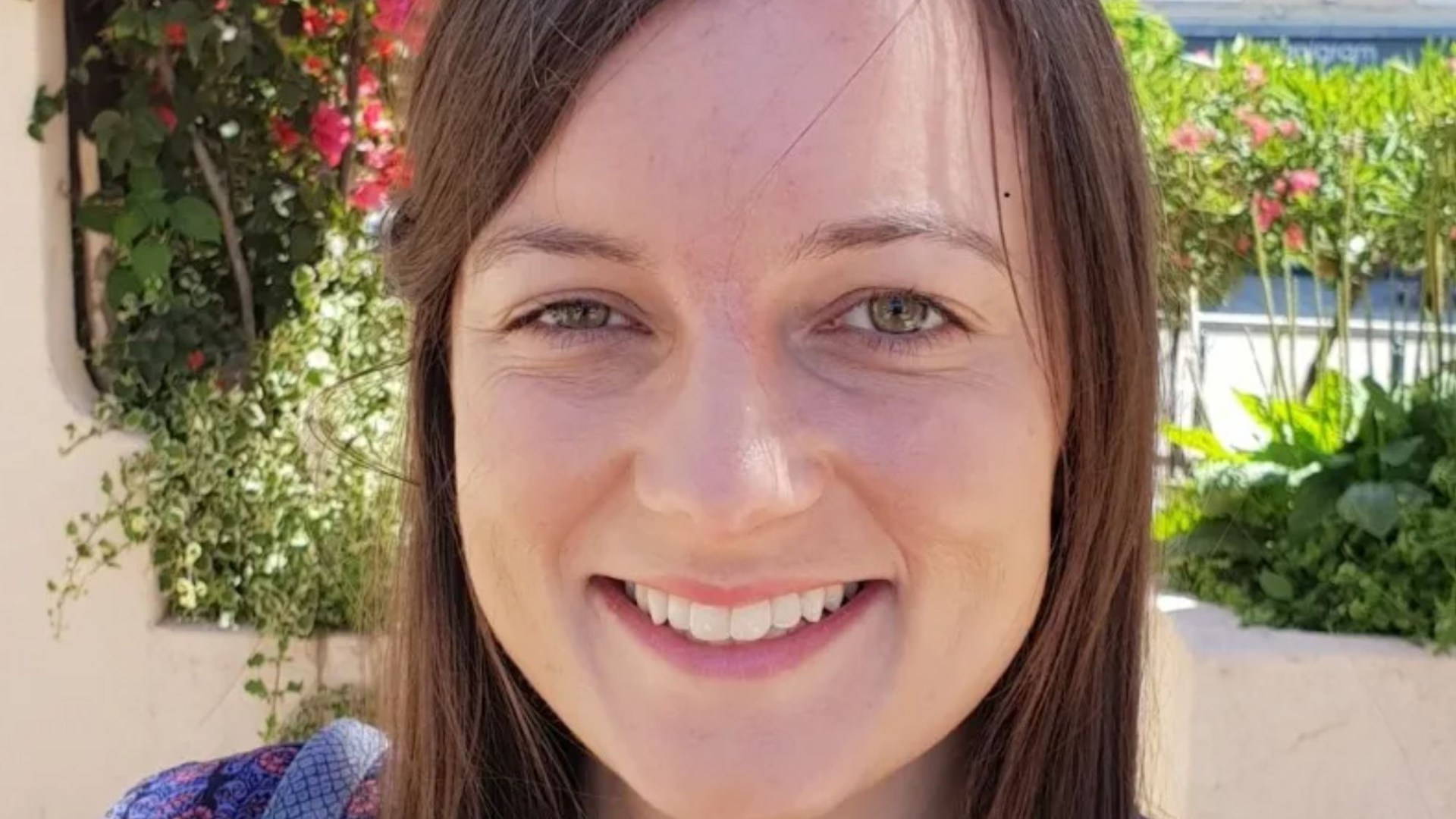A MUM was found dead after being given one hour of “unsupervised leave” from hospital.
Abigail Menoret had been suffering from postpartum psychosis following the birth of her second son in January 2022.
1
The 34-year-old was admitted to Prospect Park Hospital in Reading, Berkshire, under the Mental Health Act but was granted 60 minutes of unaccompanied free time in September 2023.
She pre-booked a taxi to take her home – when she knew her husband and children would be on holiday in France – and took her own life.
An inquest into her death heard evidence of multiple failings between the NHS trust and the family.
Abigail’s husband François-Marie Menoret, from Maidenhead, said he feels “let down” after trusting medics to keep her safe.
He added: “I am devastated by the loss of my beautiful wife, who was a loving and devoted mother to our two sons.”
Abigail was diagnosed with postnatal depression after both of her pregnancies, the court was told.
She made several suicide attempts during her treatment at various hospitals under different consultants, and her medication was changed “frequently”.
François-Marie reportedly raised concerns about the lack of continuity in her care and her leave arrangements.
He outlined that his wife was allowed longer periods of unescorted leave, despite her persistent delusions and ongoing risk of suicide.
On the day of her death, she had been permitted a one-hour period of unsupervised leave, which was an increase on the time she had previously been authorised.
Concerns had already been flagged about the fact her husband and children were away visiting family abroad.
And François-Marie and the police were not contacted within 30 minutes of her failing to return to hospital on time, which the court heard was in breach of trust policy.
He said: “I feel let down by the clinicians who were responsible for Abi’s care.
“The lack of consistency meant that it was difficult to form relationships with staff and every time there was a change, it felt like we were starting all over again.
“Each consultant had different views about what was best for Abi and what type and dose of medication she should be on.
“Ultimately, the major issue was the failure to consider my very real concern that Abi would try and take her own life while I was away in France with our sons.
“I trusted those looking after her to monitor her closely, and to find out that her leave allowance and therefore her freedom to go outside the hospital on her own had in fact increased during this time was a huge shock to me.”
What is postpartum psychosis?
POSTPARTUM psychosis is a mental illness which can affect any new mother.
The condition is thought to affect one in every 1,000 women who give birth.
It should be treated as a medical emergency – and can get rapidly worse if not treated.
In the worst cases, psychosis could cause a new mum to harm her baby or herself.
The two main symptoms are hallucinations (seeing or hearing things which aren’t there) and delusions (having thoughts or beliefs that are unlikely to be true – e.g. that you’ve won the lottery).
The combination of the two can seriously disrupt someone’s perception, thinking, emotions and behaviour.
A woman experiencing postpartum psychosis will change mood very quickly, while some may experience symptoms of mania and depression at the same time.
She may not realise she is ill – but the majority of women do make a full recovery, provided they get the right treatment.
If someone you know is suffering from postpartum psychosis, you should contact your GP, NHS 111 or out-of-hours service immediately.
If you think there’s a danger of her harming herself or others, call 999 and ask for an ambulance.
If you’re a new mother, and recognise that you may be having a psychotic episode, visit your GP or local A&E immediately.
For support, visit the Action on Postpartum Psychosis charity website.
‘A REMARKABLE WOMAN’
Abigail, whose condition often made her appear outwardly well even when she was not, was described as “a remarkable woman, mother, wife, daughter and friend”.
Clinical negligence solicitor Frankie Rhodes said: “It is tragic that Abi died so prematurely, leaving behind her much-treasured young sons.
“The trust’s own Serious Incident report, which was carried out as part of the investigation, highlighted that there is a lack of documented evidence to show that changes in leave arrangements were discussed and considered more widely during multi-disciplinary team meetings and with Abi’s husband.
“There were failures in filling out leave forms and there were gaps in the sign in/out record when leave took place.
“Risks regarding holiday were also not clearly documented as part of risk assessment for patients.
“As a result, I am concerned about the absence of a clear record of what the trust is going to do in future to minimise human error in the management of its processes to avoid tragic outcomes like the one suffered by our client.”
The Berkshire Healthcare NHS Foundation Trust, which runs the hospital, has been approached for comment.
You’re Not Alone
EVERY 90 minutes in the UK a life is lost to suicide
It doesn’t discriminate, touching the lives of people in every corner of society – from the homeless and unemployed to builders and doctors, reality stars and footballers.
It’s the biggest killer of people under the age of 35, more deadly than cancer and car crashes.
And men are three times more likely to take their own life than women.
Yet it’s rarely spoken of, a taboo that threatens to continue its deadly rampage unless we all stop and take notice, now.
That is why The Sun launched the You’re Not Alone campaign.
The aim is that by sharing practical advice, raising awareness and breaking down the barriers people face when talking about their mental health, we can all do our bit to help save lives.
Let’s all vow to ask for help when we need it, and listen out for others… You’re Not Alone.
If you, or anyone you know, needs help dealing with mental health problems, the following organisations provide support:




